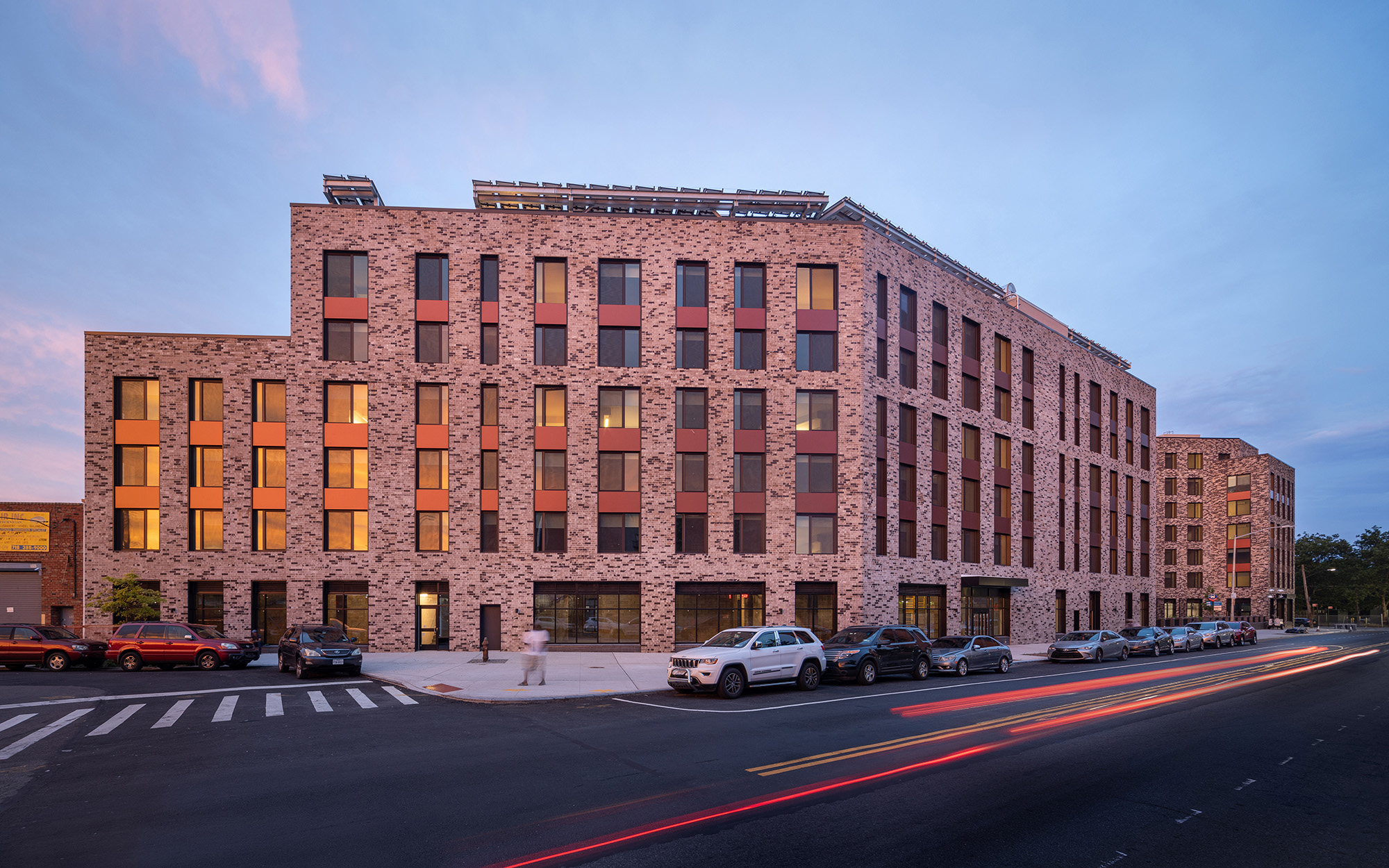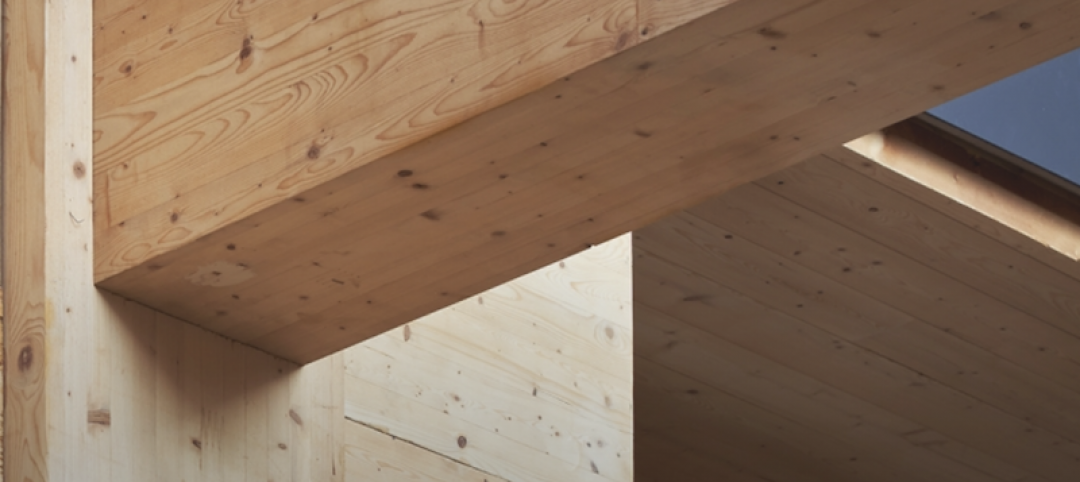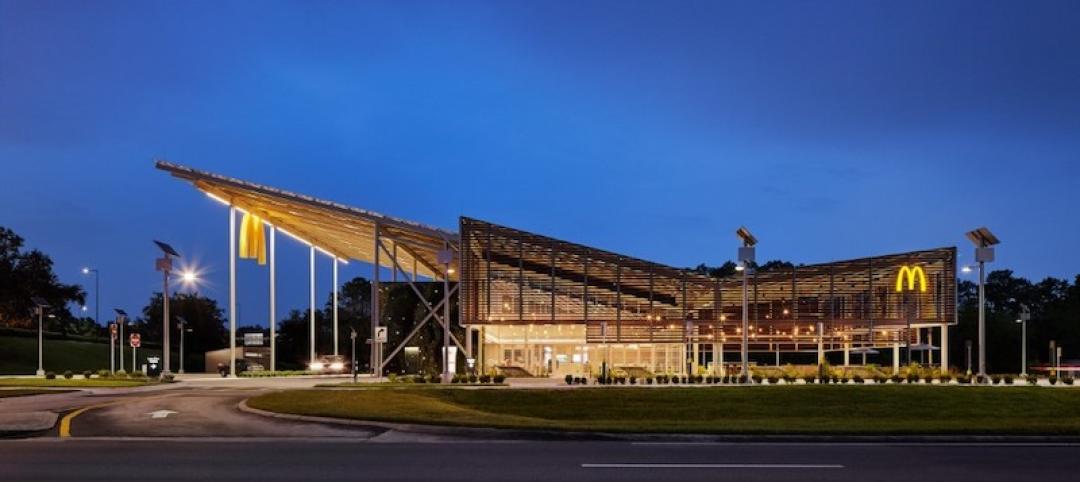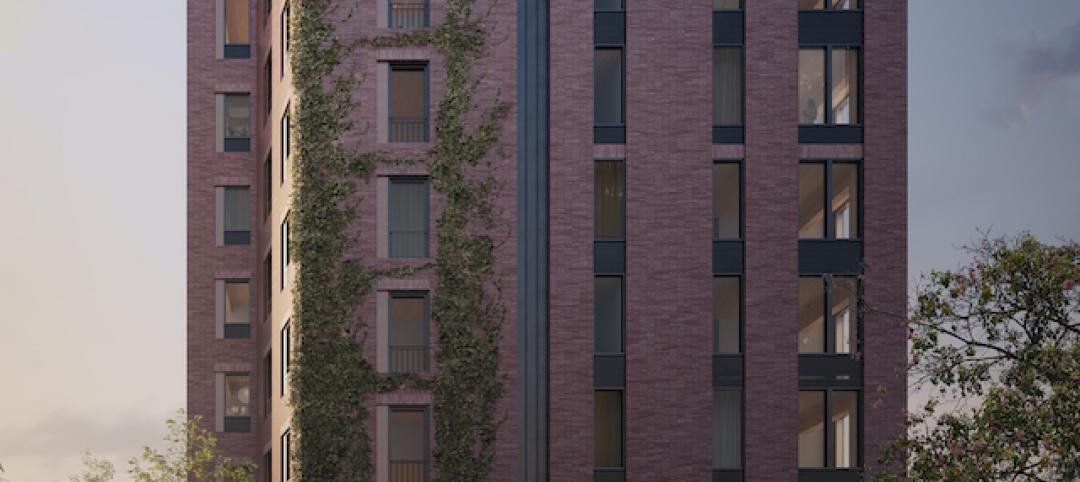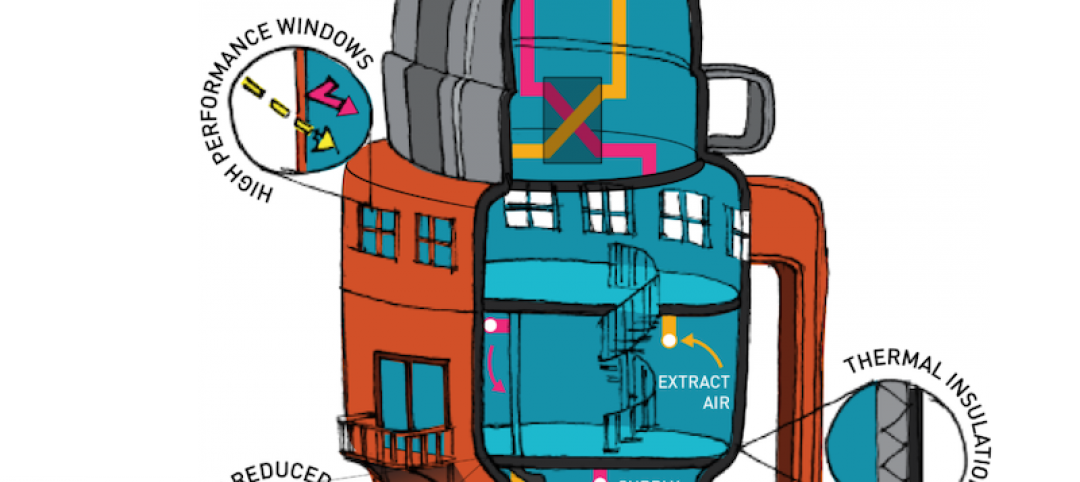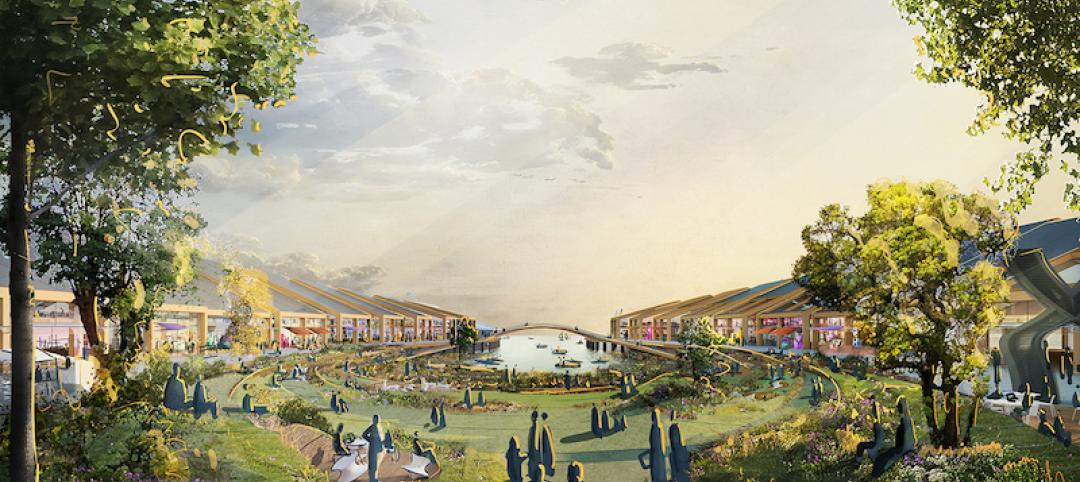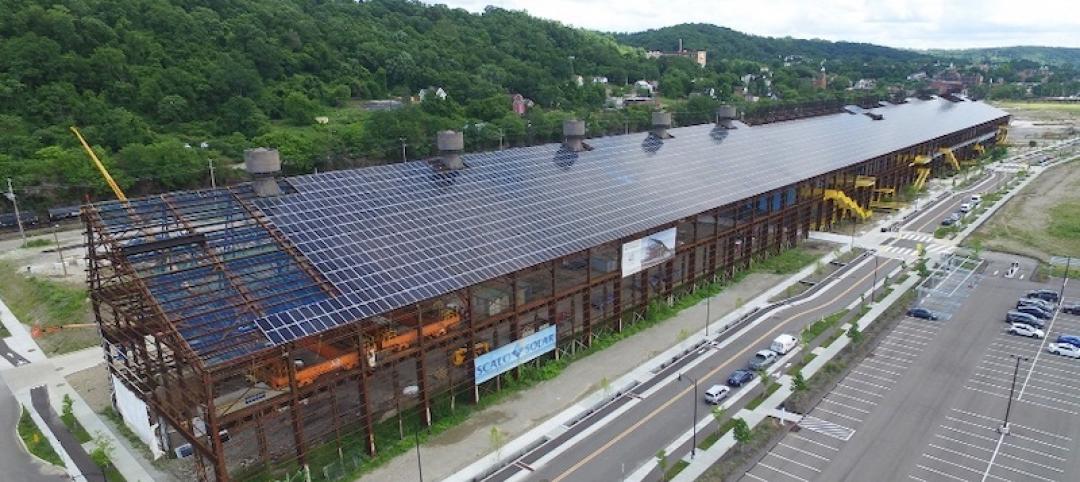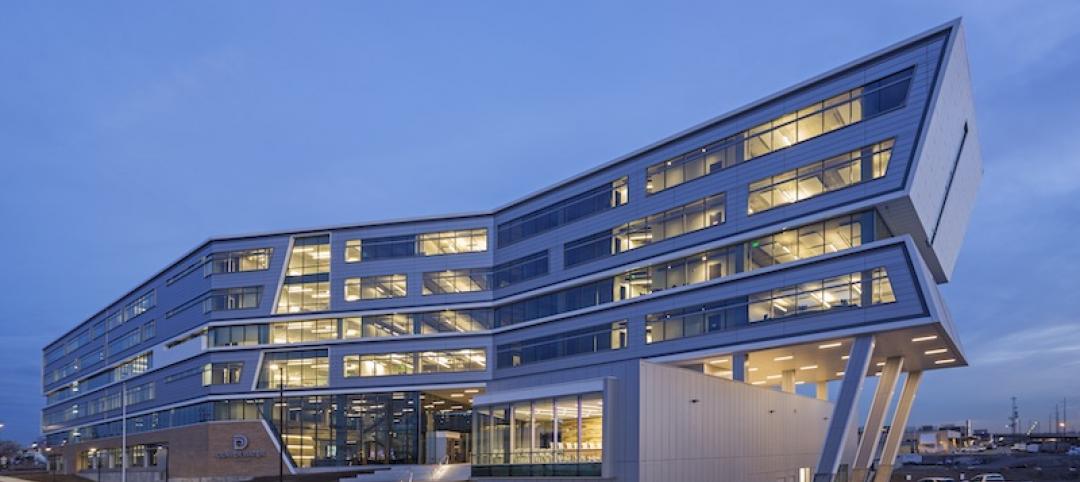PACE Equity, the leader in Property Assessed Clean Energy (PACE) financing for development projects, along with decarbonization non-profit Phius, jointly announced a new compliance path for PACE Equity’s CIRRUS Low Carbon program at PhiusCon 2023. Through the new partnership, commercial real estate projects that are certified as Phius CORE or Phius ZERO passive house buildings are automatically eligible for the CIRRUS Low Carbon financing rate when approved for PACE Equity funding.
What is CIRRUS Low Carbon financing?
CIRRUS Low Carbon is the only private financial product that provides a lower cost of capital for buildings that are developed or renovated to a lower carbon design. The standards set by Phius CORE and Phius ZERO are locally tailored and globally applicable, aligning significantly with PACE Equity’s CIRRUS Low Carbon design goals.
Projects that apply for PACE Equity financing with the passive house Phius certification will qualify to receive CIRRUS Low Carbon’s reduced financing rate, helping the project developers fill a gap in a capital stack, replace more expensive funding options, and improve project returns.
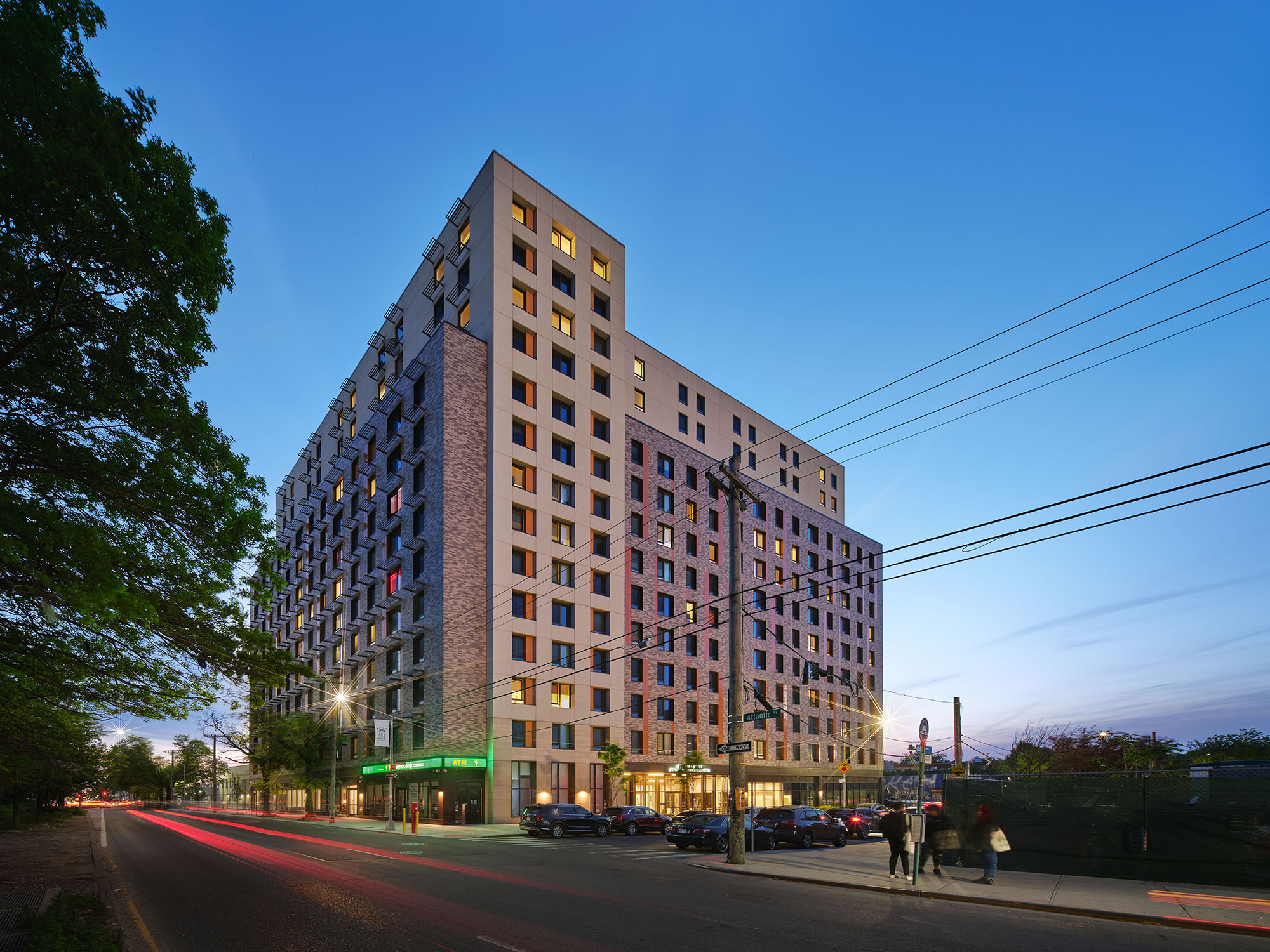
“The path to lower carbon commercial real estate development is forged through symbiotic industry partnerships that offer developers and building owners unique financial, environmental, and brand advantages,” said Beau Engman, President and Founder, PACE Equity. “The convergence of Phius passive building standards and PACE Equity’s lower rate financing for lower carbon buildings equips developers with the tools and financial incentive to design more energy-efficient buildings with a better return.”
“With the most effective and widely applicable passive building standard, Phius shares PACE Equity’s vision for a lower carbon future,” said Katrin Klingenberg, Co-founder and Executive Director, Phius. “Partnering with PACE Equity to offer automatic CIRRUS Low Carbon qualification for Phius CORE and Phius ZERO projects helps make decarbonization of the built environment even more achievable.”
About PACE Equity
Since 2014, PACE Equity has funded Commercial Property Assessed Clean Energy projects in innovative, never-before-seen ways, with better financing for better buildings. PACE Equity has closed C-PACE projects across the U.S. and enabled the energy efficient commercial development of over $2.7 billion while eliminating over 1 million metric tons of carbon. PACE Equity offers the design and support that allow customers to intelligently meet the demands of today's consumer and tomorrow's requirements.
About PHIUS
Phius is a non-profit 501(c)(3) organization committed to decarbonizing the built environment by making high-performance passive building the mainstream market standard. It trains and certifies professionals, maintains and updates the Phius climate-specific passive building standard, certifies and quality assures passive buildings, certifies high-performance building products and conducts research to advance high-performance building.
Related Stories
Building Owners | Feb 4, 2021
The Weekly show, Feb 4, 2021: The rise of healthy buildings and human performance
This week on The Weekly show, BD+C editors speak with AEC industry leaders from Brookfield Properties, NBBJ, and UL about healthy buildings certification and improving human performance through research-based design.
Sustainability | Jan 19, 2021
Buildings as carbon banks
Leveraging design to reduce our carbon impact.
Sustainability | Dec 17, 2020
McDonald’s Disney-Flagship positions itself to be world’s first net-zero quick-service restaurant
Ross Barney Architects designed the project.
Sustainable Design and Construction | Nov 17, 2020
A digital catalog offers mass timber solutions for greener urban construction
Hybrid designs reconcile metropolitan growth and lower CO2 emissions.
Sustainability | Nov 11, 2020
Passive house design: A key to sustainable community building
Passive House is a high-performance building standard that emphasizes tightly insulated enclosures, heat recovery, and monitors airflow to reduce energy consumption.
Sustainability | Sep 30, 2020
U.S. Green Building Council, Green Business Certification Inc. expand resilience resources to support the green building industry
LEED and GBCI rating systems drive resilience-enhancing strategies to help businesses and governments mitigate climate risks.
Sustainability | Sep 29, 2020
Heatherwick Studio creates a new concept for San Francisco’s Piers 30-32
The new vision is dubbed The Cove.
Sustainability | Aug 13, 2020
The largest single sloped solar array in the country completes
The installation sits atop Pittsburgh’s Mill 19.
Sustainability | Aug 11, 2020
Sustainability is key for Denver Water’s modernized campus and distribution system
The utility is showcasing a new admin building and a water reuse plan that’s a first for the state.
Sponsored | Voice of the Brand | Jul 2, 2020
Solving the Building Envelope Challenge
Today, solutions for the building envelope need to meet exacting standards on two equally important fronts – long-term performance and enduring aesthetic appeal. In this article, CENTRIA demonstrates how its products meet the standard in two different scenarios – construction of a new hospital in Asheville, North Carolina, and the addition to a popular museum in Pittsburgh.



